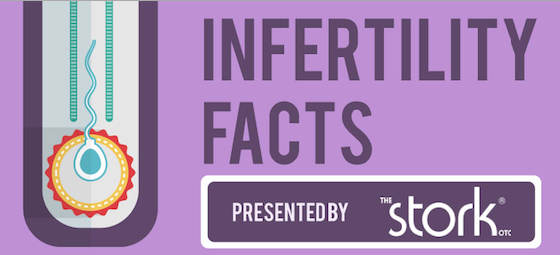There are a number of reasons why men may not be fertile. One of these reasons is Klinefelter syndrome. What is this? As defined by the National Institute of Health (NIH) this condition – also call XXY condition – describes a male who has an extra X chromosome in many of his cells.
The normal pattern of XY chromosomes is what most males have but with XXY condition, there is an exception. It is interesting to note that not all men with Klinefelter syndrome have symptoms. But when symptoms are present, the following changes are evident:
Babies who have the XXY condition are weaker in strength, have less muscle-control and coordination.
Pubescent boys may grow taller than boys their age, but they have less testosterone. They also have bigger breasts, weaker bones, and lower energy compared to other boys in their age group. The NIH also stated that during early development and teen years, XXY males may experience some language and social problems, but usually lead very normal adult lives similar to their contemporaries.
Adults with XXY condition are often taller, but very similar to males in their age range. It is important to note that XXY males seem to be more susceptible to certain health problems: autoimmune disorders, breast cancer, vein diseases, osteoporosis and tooth decay. Lastly, even though XXY males have normal sex lives, they usually make little or no sperm, resulting in infertility.
What are the treatments for the XXY condition?
For low testosterone levels, XXY males may begin taking testosterone replacement therapy (TRT). TRT will enable the individual to develop bigger muscles, a deeper voice, and grow facial and body hair. This type of treatment can begin when the boy reaches puberty. Lastly, as far as treating male infertility caused by the XXY condition, these individuals can talk to their physicians about any fertility treatments available for this situation.
Resource: National Institute of Health
Dita Faulkner is a freelance writer and poet living in the southern United States. She is an advocate for at-risk families and children.






Add a Comment1 Comments
Male infertility is an important area of study and there are clearly some exciting possibilities in the future. With the development of viable sperm growth in laboratories and even artificial testicles we are just beginning to address the issues of male infertility. What's great about this is there will be more options provided to more couples who are facing infertility, and more options means more opportunities to conceive
April 5, 2012 - 2:42amhttp://www.solutionstohealth.com.au/how-we-can-help
Male Fertility
This Comment